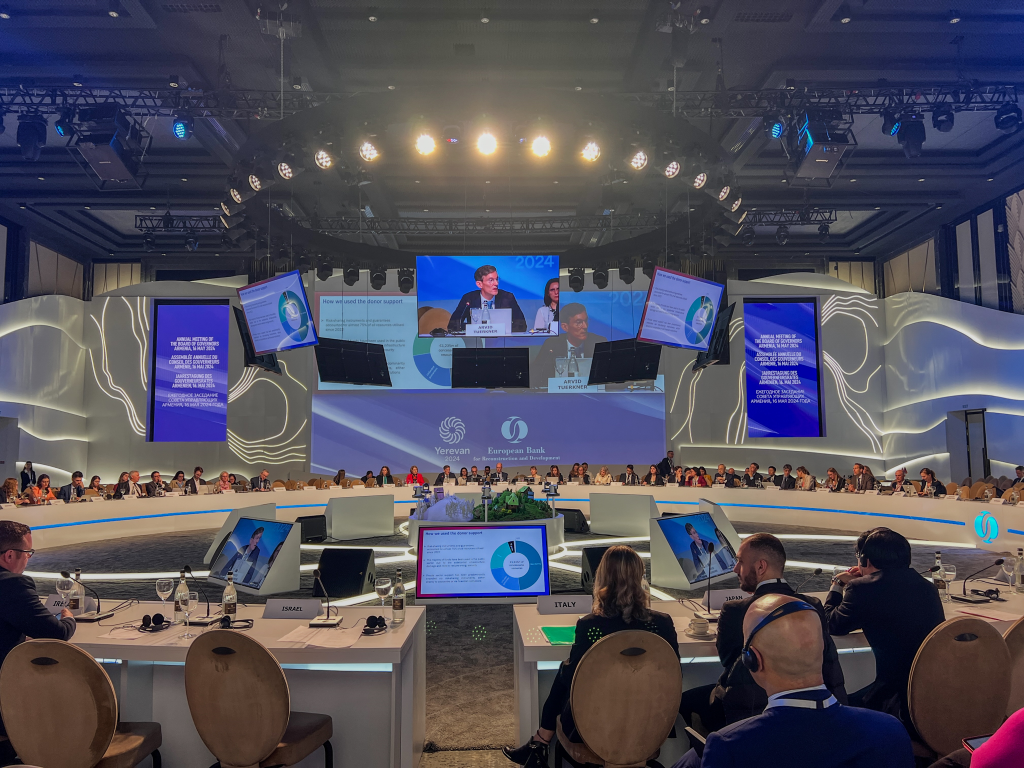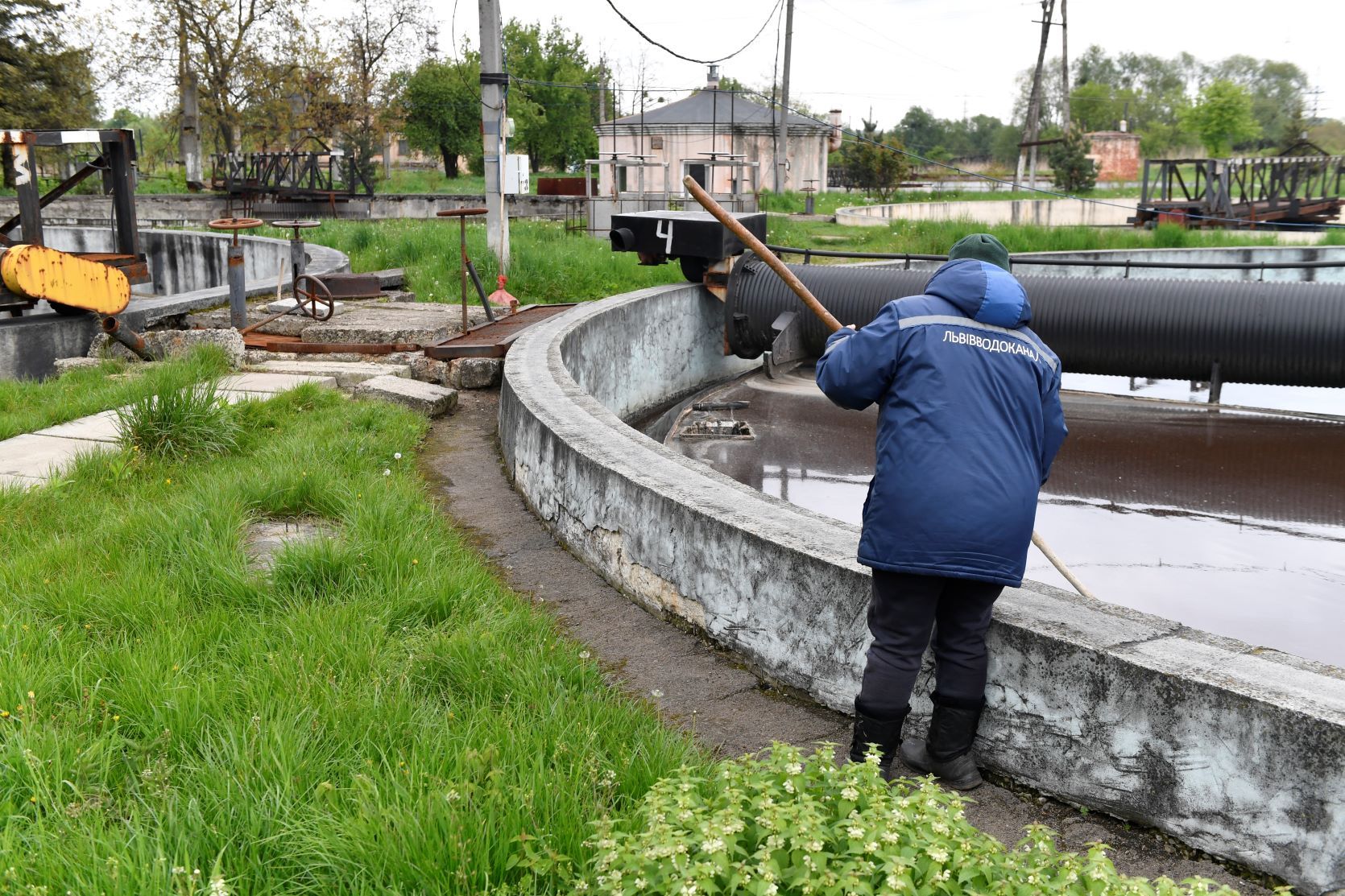The European Bank for Reconstruction and Development
The European Bank for Reconstruction and Development (EBRD) supports economic transition and private sector businesses in more than thirty economies, from Central Europe to Central Asia, the Western Balkans, and the Southern and Eastern Mediterranean regions.
From 2025, the EBRD will extend its operations on a limited basis to sub‑Saharan Africa and Iraq.

Role and activities of the EBRD
The EBRD was established after the fall of the Berlin Wall. Its mission is to support the transition of countries formerly under Soviet influence towards democracy and a market economy. Following the Arab Spring, the EBRD extended its mandate to include several North African countries.
The EBRD’s activities are primarily focused at strengthening the private sector. It achieves this by supporting businesses across a wide range of sectors through loans, guarantees and investing in equity capital. Half of the EBRD’s activities are dedicated to reducing the carbon footprint of recipient countries.
Switzerland and the EBRD
Switzerland has been a member of the EBRD since the establishment of the bank in 1991. It is represented by one member on the Board of Directors, who heads the constituency that also includes Ukraine, Serbia, Uzbekistan, Liechtenstein, Montenegro and Turkmenistan.
In addition to institutional cooperation on the Board of Directors, Switzerland collaborates with the EBRD on development projects. Switzerland’s primary focus at the EBRD is on the following areas:
- Results-oriented, effective and targeted financing of development projects according to the EBRD’s expertise and priorities;
- Deepening systematic cooperation with other development partners, in particular with multilateral development banks;
- Ensuring compliance with international environmental, social and governance standards;
- Supporting countries in their transition away from fossil fuels and
- Ensuring adequate capitalisation and maintaining the AAA credit rating.


